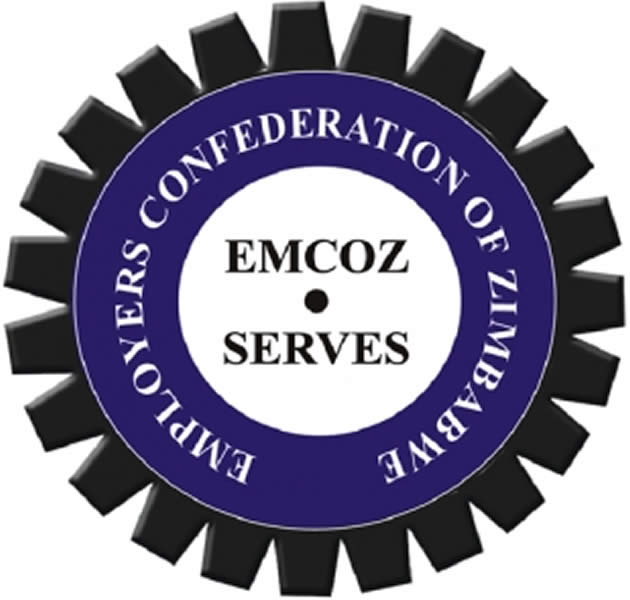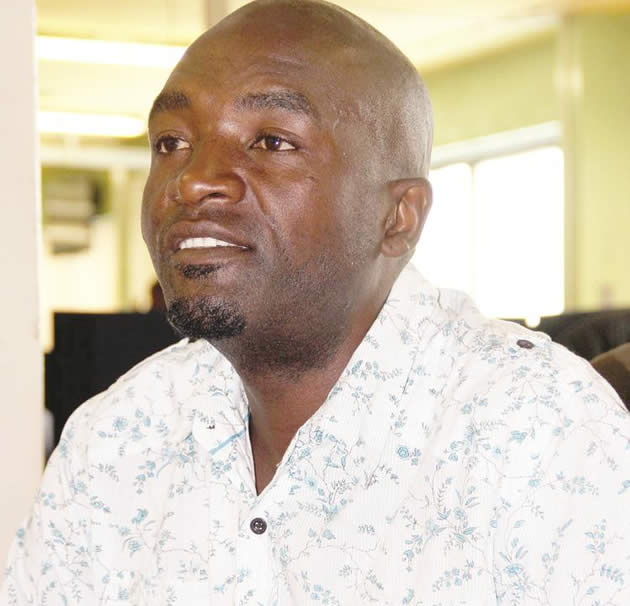Renew the social contract says Emcoz

 Business Reporter
Business Reporter
THE Employers’ Confederation of Zimbabwe has called for an urgent renewal of the social contract to strengthen social dialogue between Government, labour and business. This was one of the resolutions adopted by the employers representative body at their annual congress held in Nyanga recently.
In 2009, social partners under the Tripartite Negotiating Forum signed protocols to guide them in their engagements.
“To increase productivity, it was observed that there was need to renew the social contract,” said Emcoz.
“This entails business, labour and Government agreeing on key broad common goals to be pursued across dividing lines. The congress expressed the importance of social dialogue among labour, business and Government and encouraged urgency in reconvening the Tripartite Negotiating Forum and Social Dialogue.
“The Ministry of Labour, Public Service and Social Welfare affirmed its commitment to working with both employers and labour to promote productivity.”
A social contract concept is based on the theoretical idea that governments or rulers are legitimate if they have the consent of the governed.
Therefore, a social contract is the agreement whereby a government is granted authority by its people to govern them. Social contract theory has been a dominant concept around the world for years.
In Malaysia, the government, in response to racial riots of 13 May 1969 triggered by the marginalisation of the Malays in their own economy, implemented its social contract under the framework called the Malaysian New Economic Policy which inter–alia was aimed at correcting economic imbalances through economic empowerment.
In this blue print, the government worked towards growing ownership of the economy from foreigners from 4 percent in 1969 to full ownership through provision of preferential treatment on trade for the Malays especially on publicly trading corporations.
This saw the enactment into law the social contract which enforced this principle of empowerment.
From the congress presentations and discussions, it also came out clear that the economic challenges the country was facing were well understood.
The solutions were available but there was need for implementation and realise economic potential.
“To realise this potential, there was however need to be strategic in our planning, inclusive and transparent in our national dialogue. Another imperative was the need for resetting the moral compass so as to weed out corruption and also eliminate the desire and mentality of the population wanting to get rich quickly without being productive,” said Emcoz.
Also coming out of the congress was the need for Zimbabwe to be globally competitive and to be integrated into the world economy. This entails Zimbabwe being clear about its competitive advantages from a productivity standpoint.
One of the key conclusions of the congress was the emphasis on creation of one clear shared vision at national level. It was noted that for the country to be successfully, shared goals needed to be agreed on.
“If the commitment and resolve shown at the congress is transformed into action, and the resolutions are vigorously followed through, Zimbabwe can make great strides towards economic revival.”
Delegates concluded that Zimbabwe’s economy can be revived through improved productivity as long as there is a clear national vision and a well thought out and common strategy.
Emcoz said it would lobby the Government to protect the local industry from cheap imports especially during the early stages of recovery, and continue promoting consumption of locally produced goods. It said there was need for one voice from business on crucial issues and avoid confusing policy makers through issuing conflicting proposals.









Comments